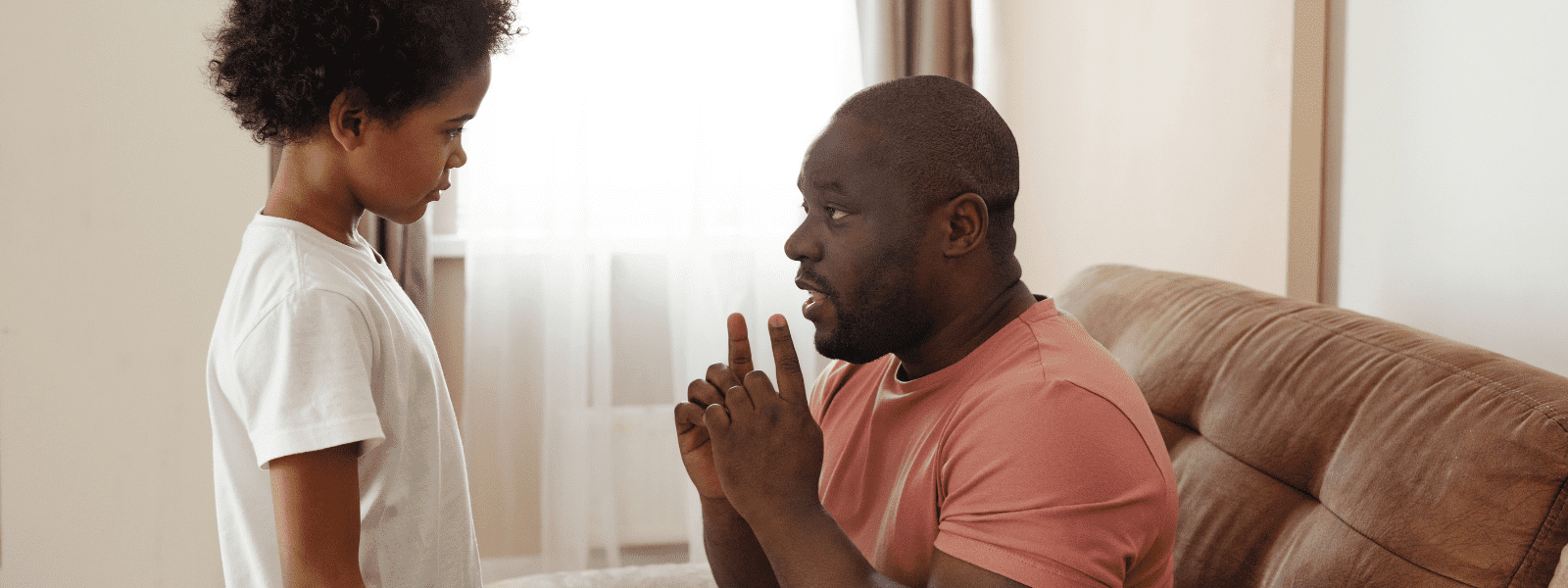The Best Kinds of Questions to Ask Your Kids
Questions drive conversation. They open the door to learn from each other, explore new ways of thinking, resolve conflict, and more. But often, conversations with our kids go something like this:
Mom: How was school today?
Kid: Fine.
Mom: Just fine? Why was it fine?
Kid: Because.
Sound familiar? These kinds of stop-and-go conversations often frustrate parents and kids alike, but the way you frame your questions may make all the difference.
Stop Asking Why
According to Ann Dolin, MEd in her article “Asking Powerful Questions,” “why” questions are not the way to go to have productive conversations with your kids. She puts it like this:
“Why” questions are inherently difficult for kids to answer. They tend to create conflict instead of collaboration, putting kids on the defensive. Instead, try removing “why” from the question and replace it with “what.”
Good “what” questions can lead to a more productive conversation on both sides, as well as to more effective resolutions.
Some examples of helpful “what” questions include:
- What made you unable to finish your test today?
- What happened today that makes you feel upset about your friend?
- What is something that makes it hard for you to study?
- What was hard about _____?
These questions take some of the pressure off of your child to give you a reason and instead let them share situations and feelings that may be making school (or other areas of life) harder.
It’s Not All About the Question
The reality is that questions are going to work (or not work) differently every day. The course of your conversations will be unpredictable, and they may reveal some not-so-fun things you have to deal with.
Asking the right questions is the first step to opening dialogue with your child in a way that makes them feel safe, understood, and supported. But the tone and course of the conversation are even more important.
Instead of just firing off good question after good question, here are some other key areas to consider:
- Are you taking time to really listen to what your child is saying (without judgment)?
- Are you affirming their feelings, providing a safe place to express frustration?
- Are you really hearing what they’re trying to tell you? (Paraphrase back to them what you understand—sometimes what they say and what you hear are 2 totally different things!)
What Happens Next?
Developing strong communication and relationships with your childs takes time and effort. Whether you have a preschooler or a young adult, these conversations can be difficult, but it is absolutely worthwhile.
If your child seems to struggle with questions about what they’re feeling, why they act a certain way, or with basic problem-solving strategies, it may also be a sign that their cognitive skills are not where they could be.
Strengthening cognitive skills like attention and logic & reasoning has implications far beyond the classroom—and into day-to-day conversations, ability to resolve conflicts, and strategically approaching problems in all areas of life!
Contact us today to learn more about how brain training can help your child grow and reach their highest potential.







